Technology

5 min
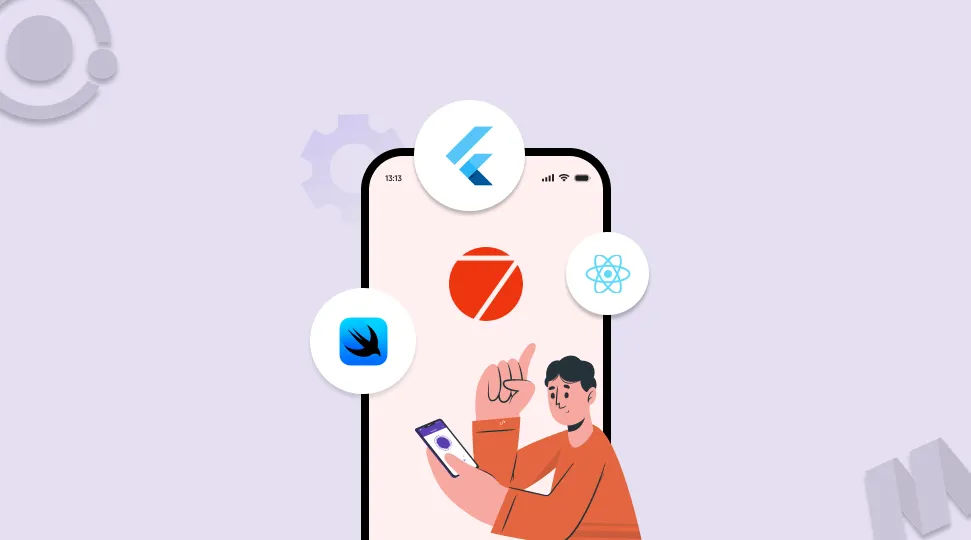
Learn about the best mobile app development platforms for 2025 in our guide. With billions of smartphone users worldwide, finding the right tools is crucial. From Flutter to React Native and Swift UI, explore top frameworks for building future-ready apps. Discover industry stats and trends, and get expert insights from Quokka Labs to power your next mobile project.

By Ayushi Shrivastava
01 Apr, 2024
Can you imagine a day without your smartphone? Certainly not!
It has become inseparable; without it, we can't leave our homes. We spend long hours on smartphones, exploring daily life and performing personal and professional tasks. We can manage our meetings, online payments, health monitoring, etc. The list is long.
We have many applications installed on our phones to access all such things. Carrying smartphones in our pockets and exploring the applications is effortless. However, mobile app developers spend numerous sleepless nights developing a mobile app. To streamline the straightforward mobile app development process, developers can access some of the best mobile app development platforms, which we will share in this blog post.
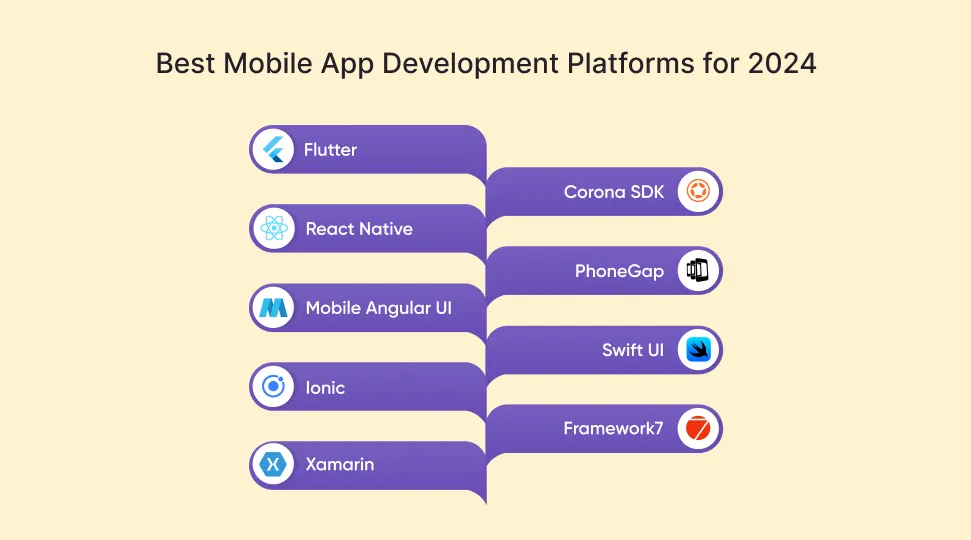 Before we examine the available application development platforms in the industry, do you know the number of smartphone customers? There are 3M worldwide.
Before we examine the available application development platforms in the industry, do you know the number of smartphone customers? There are 3M worldwide.
All the software development and app development agencies use these best mobile application development platforms, tools, and cloud development resources to fulfill the requirements.
While the discussion is on to explore the best cross-platform app development tools, Flutter knocks first in mind. It should be as Google, the giant tech driver, is associated with it. Google is known for its experiments embracing the best algorithms and technological advancements. It keeps rolling out the best things to the world, and Flutter is one of them. With Flutter, they have done an experiment paring OOPs equipped with language Dart. It resonated with the core functionalities of the iOS and Android Applications.
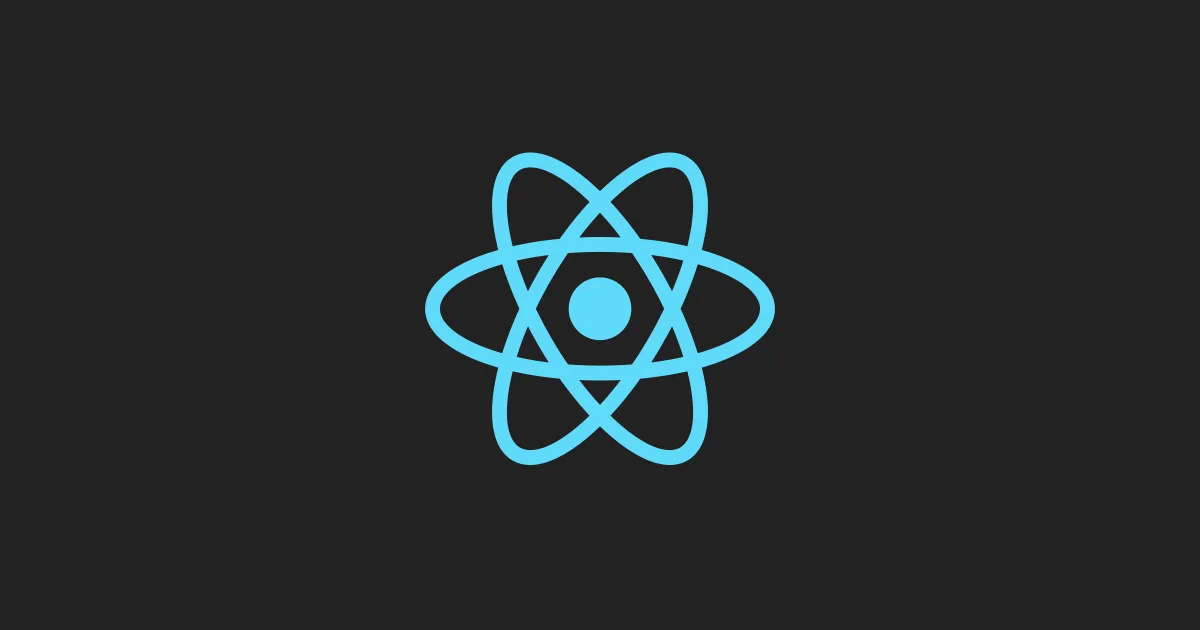 Want to offer users a genuinely native app-like experience with the best UX/UI? React Native is the go-to platform. It will match all your core requirements, adapting to the evolving mobile app development trends. Be it AR/ VR, or anything else, it fits with everything. Meta has launched this. However, Microsoft, Shopify, and other startups and Fortune 500 organizations have also trusted it for its efficiency and performance speed.
Want to offer users a genuinely native app-like experience with the best UX/UI? React Native is the go-to platform. It will match all your core requirements, adapting to the evolving mobile app development trends. Be it AR/ VR, or anything else, it fits with everything. Meta has launched this. However, Microsoft, Shopify, and other startups and Fortune 500 organizations have also trusted it for its efficiency and performance speed.
Beginners willing to make a career in app development can start with this framework, as the learning curve is more straightforward than Java's. To strengthen their grips as full-stack developers, professionals can learn React Native and Node JS to create full-fledged, highly functional applications.
Certified with MIT, this platform dominates the dev world and unleashes responsiveness to fit the application across all devices. It offers smooth and straightforward development with Bootstrap and Angular accessibility. Attract the potential audience base with intuitive, eye-catching mobile user interfaces. You can leverage the UI components like scrollable areas, navbars, overlays, switches, and others.
 When you work with this platform, you’ll feel the essence of Angular and Cordova. It elevates performance and efficiency. It offers the accessibility of native APIs along with filters, forms, navigation menus, action sheets, and more to speed up development with minimal DOM use.
When you work with this platform, you’ll feel the essence of Angular and Cordova. It elevates performance and efficiency. It offers the accessibility of native APIs along with filters, forms, navigation menus, action sheets, and more to speed up development with minimal DOM use.
Another open-source platform is available here to manage the accessibility of cross-platform app development. Microsoft has done such a great job with this mobile app development platform. It eases the development work, enabling the single codebase to shape up the iOS and Android apps effortlessly and efficiently. Anyone proficient with C# can access this platform instead of using Java or Swift.
Since 2009, Corona has been the developers' favorite for creating apps and games. Did you hear about the Lua? It’s a scripting language that enables flexibility and utility to develop robust apps for multiplatform devices. Additionally, it is a free and open-source platform that offers support for dev tools for Apple TV, MacOS, Amazon Fire, Fire TV, tablet, Android, and iOS smartphones.
Apache Cordova or PhoneGap, whatever you would like to call it, is the same. For your information, we want to clarify that it was shaped by Nitobi in 2011. Later, Adobe inherited it and rebranded it as Adobe PhoneGap. Be it an iOS app developer or an Android app developer, anyone can rely on it. It is a great platform to shape JS-based apps without hardware constraints. You can integrate all the features and accessibility a native high-performance app should have.
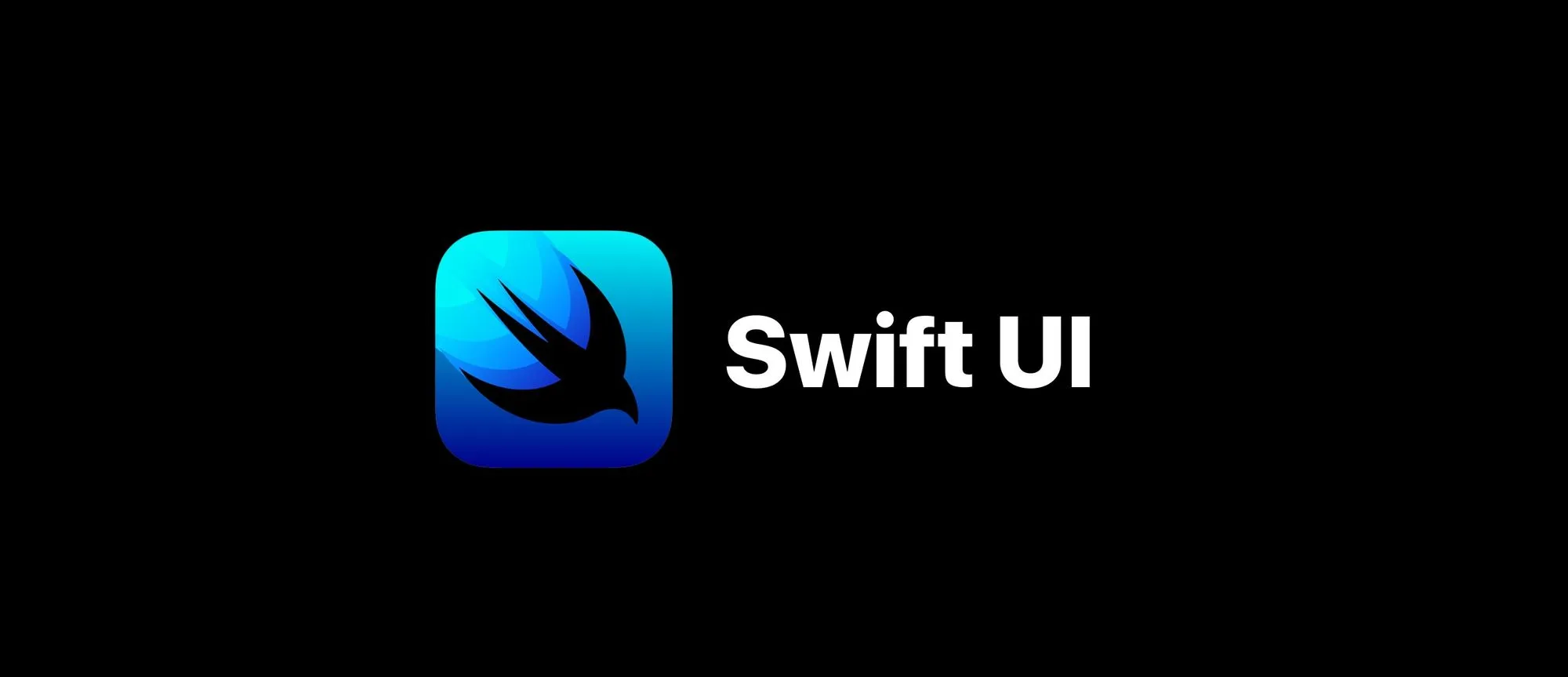
If you only want to impress the Apple audience, then Swift UI is here to build stunning apps. The declarative syntax will let you build apps effortlessly, like macOS, watch OS, Apple TV, or iOS app development services. Have a clean, robust, modest code practice with reduced development time. The availability of in-built tools and API unleashes the capabilities to deliver the best-in-class native user experience.
The list has not ended yet!
Framework7 is an attractive framework that shapes Android, iOS, and desktop apps. It is based on layer web technologies with Vue.js, Svelte, and React flavors. Access the action sheet, list view, layout grid, side panels, popups, etc., for a straightforward, featured-rich futuristic application. With this tool, you can deliver the user's native experience. For more development support, participate in community forums and platforms.
The mobile app development tools we have listed here will help mobile app developers redefine their development strategies. Additionally, it offers immense support to businesses that drive operations effortlessly, acquiring a huge base of customers.
According to a Statista report and analysis, in 2016, there were 140.7 billion app downloads. Within five years, the market had grown by 63%, reaching 230 billion.
Many low-code, no-code tools frameworks are available to develop apps rapidly and effortlessly and fulfill business demands in a shorter time and effort. Businesses can connect with companies to take mobile app development services and customize the apps per their expectations.
When discussing the revenue of the app download market over 8 years from 2022-2030, if the CAGR is 13.4%, the estimated market value will touch the benchmark of 565.40 billion USD. It will acquire a revenue of around 613 billion USD by 2025, which includes most gaming apps. Back in 2020, the app revenue was approximately 80 billion USD.
Another Statista report conducted a global software developer survey. Android is the giant drive in the app development industry, with a huge base of respondents. 87% of respondents support it, while Apple has 60%.
Android is iOS's biggest rival as it rules over the biggest marketplace, Google Play Store; iOS is pushing harder to lead the frontline. iOS generates revenue, but Android maintains its charm through usage.
India and China are considered the most significant app development marketplaces. Although they have spread the business across the US, Japan, Germany, and North America, India and China only fueled the highest growth.
The emergence of top technologies and their frameworks has surged the app development industry's market value, revenue, and growth—Python, JavaScript, and Typescript. Flutter and React Native are dominating the world.
Mobile app development companies are fueling diverse industry domains and regions. However, the gaming category is a chartbuster; along with this, music/ audio, education, fitness, entertainment, food, shopping, and lifestyle apps also contribute to the mobile app development industry.
To satisfy the appetite of the business domains, many top tech giants are actively upgrading their development game strategies. Gameloft, Microsoft, Google, Apple, and Amazon are frontiers worldwide.
These stats show the gross value of the app development market, which plays a significant role in the country’s economic growth.
An idea develops after a lot of research and convictions, and you need to invest effort and time to fulfill the requirements with minimum time and effort. We have prepared this blog post to overcome this hardship, including the framework suitable for Android and iOS app development.
To speed up the app development process, companies are accessing the mobile app development framework 2024 and keeping an eye on the trend so that it can match the industry dynamics and evolving demands of customers/ businesses. A successful release depends on various factors.
You can contact Quokka Labs developers for more detailed info or F2F discussion!
The cost of any app development depends on its scope and feature complexity. Further, the team strength, number of screens/ pages, and integration with other apps also impact the cost. Generally, the Flutter app can be developed within the $2000-$50000 range.
Many no-code app builder platforms were launched to overcome the hurdles and shorten the development curve. With these platforms' accessibility, any newbie can create an app. Softr, Zapier, Glide, and Bubble are some of the top trending platforms.
Java is a promising language for shaping versatile gaming apps. Businesses willing to launch Android apps need to hire developers proficient in Java. It’s an excellent option for launching high-performance mobile apps.
A business should have a clear vision, purpose, essential features, and target audience demographics. As per those details, a project manager will craft a persona and discuss the tech stack for app development. It will help them to select the best resources and tools to estimate the cost and duration.
If an app completely resonates with the business's vision and requirements, it is impressive, intuitive, and interactive, equipped with robust security features. The app is considered well-crafted and will impact the industry and generate revenue.
Taxi Booking App Development: Features, Cost Breakdown, and Scalability Challenges
By Dhruv Joshi
5 min read
On-Demand Application Development: Architecture, Use Cases, and Business Models
By Sannidhya Sharma
5 min read
How Much Does Food Delivery App Development Cost? Features, Tech & Budget Explained
By Dhruv Joshi
5 min read
How to Make an App Like DoorDash: Product Strategy, Tech Stack, and Real Costs
By Dhruv Joshi
5 min read
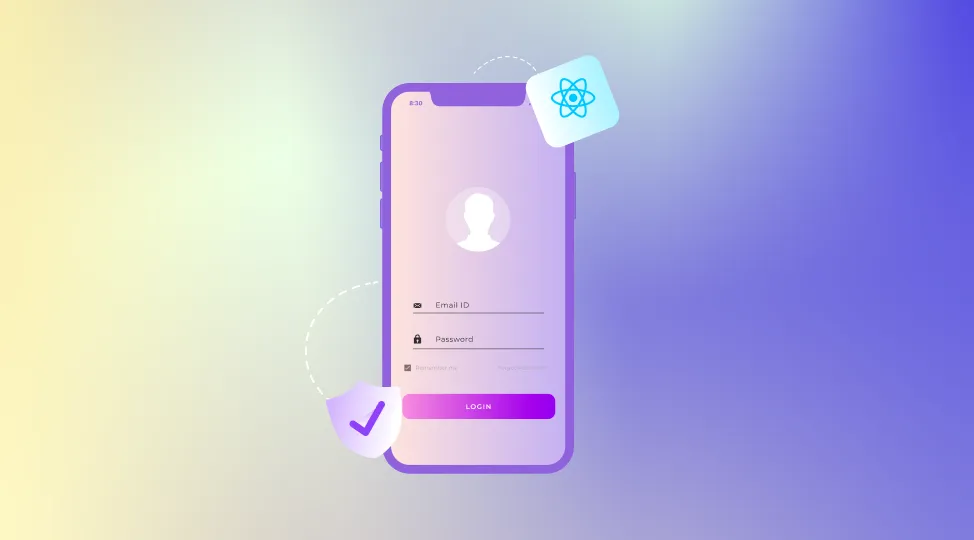
Technology

5 min
Secure React Native authentication with practical steps for safe login, OAuth, and identity protection. This guide covers React native app auth options, React native oauth with PKCE, token storage, session rules, MFA, biometrics, and release checks. Learn common mistakes, proven patterns, and a reusable checklist to ship with confidence.

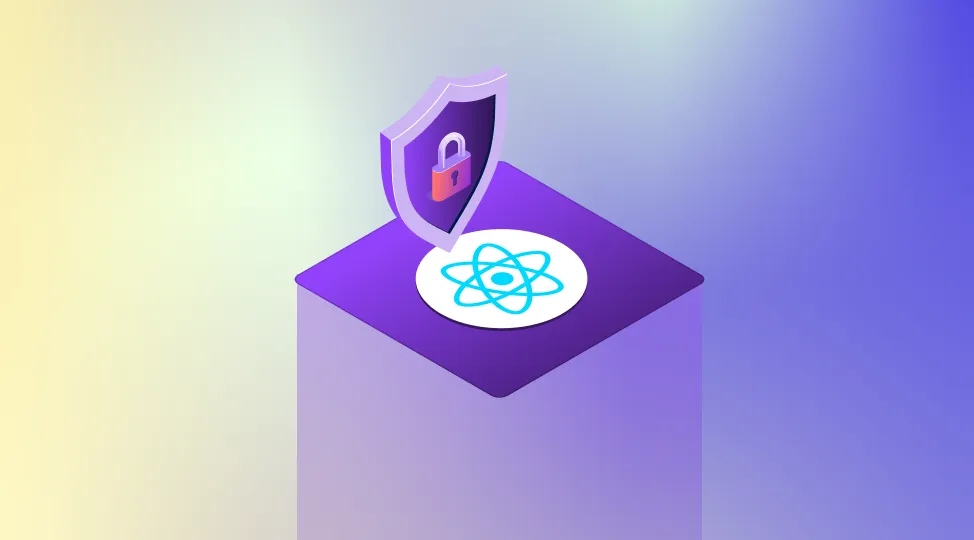
Technology

5 min
Protect your mobile product with practical react native security steps for 2026. This guide covers common risks, secure storage, safer API calls, token handling, dependency checks, and secure release workflows. Learn react security best practices and react native best practices that reduce data leaks, prevent tampering, and improve user trust.

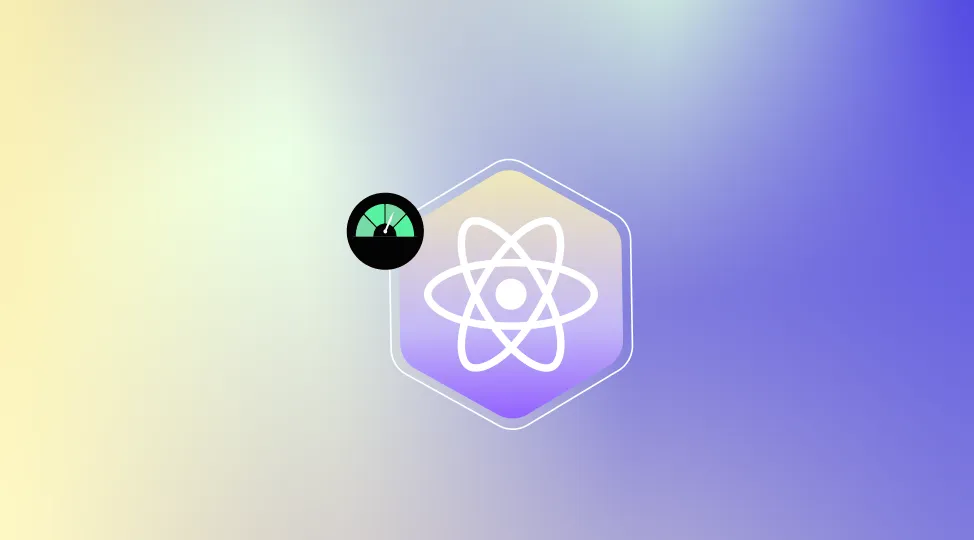
Technology

5 min
Discover how to boost React Native performance with this in-depth guide. Learn practical React Native performance optimization techniques, must-have performance tools, real-world benchmarks, and monitoring workflows to keep apps smooth, fast, and stable in production. See how to measure, debug, and improve React Native app performance step by step, reduce crashes, and deliver better mobile experiences across iOS and Android while keeping development costs and efforts under control.

Feeling lost!! Book a slot and get answers to all your industry-relevant doubts